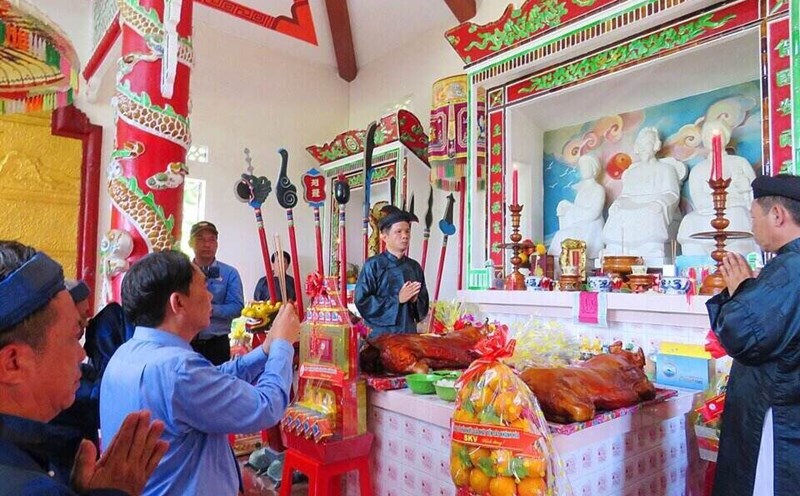From tomorrow (January 1), Ho Chi Minh City will officially apply the garbage collection rate by volume. This new regulation is expected by many to be effective in raising awareness of classification, reducing the amount of household waste and contributing to protecting the urban environment. However, according to Lao Dong's records at apartment buildings in the city, besides the welcoming of the new regulation, many people are still wondering how to implement it.
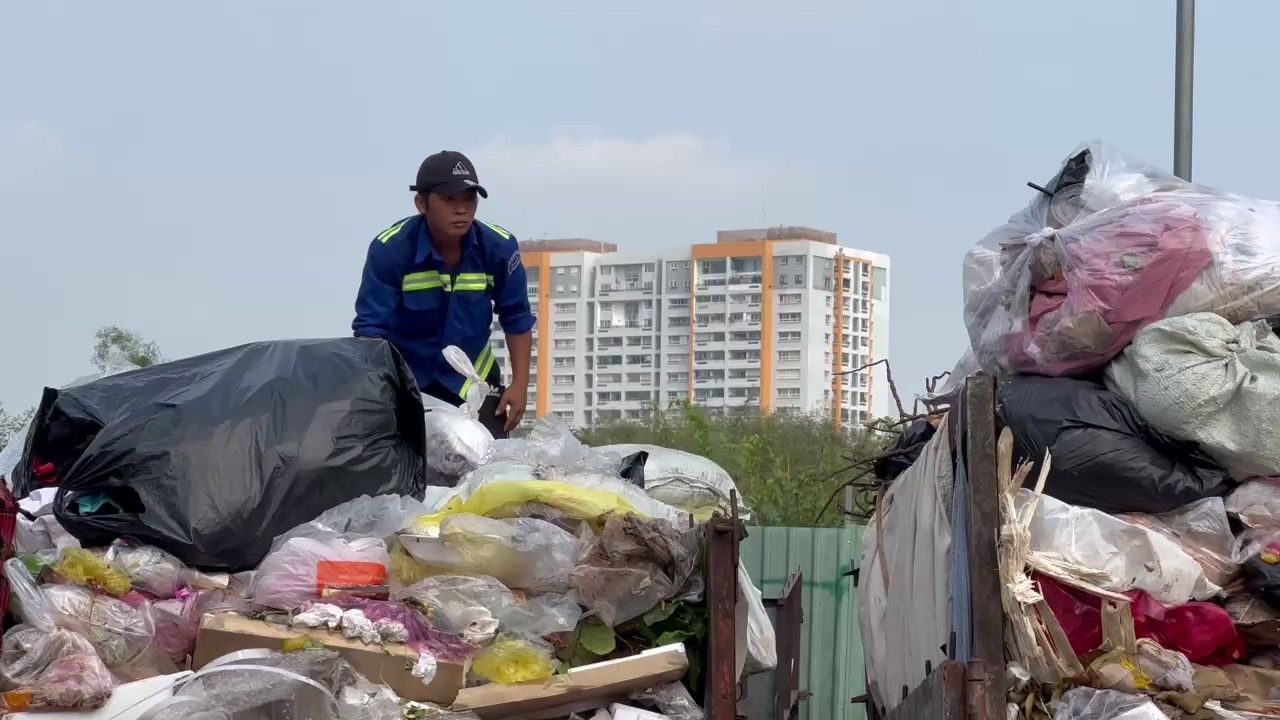
Difficulty classifying waste by household in apartment building
A representative of the Management Board of an apartment building in Ward 13, Go Vap District - said that currently, with the application of the new regulation on collecting garbage fees by volume, the Management Board is in the process of implementing a widely announced notice to residents. At the same time, work and discuss with the Apartment Management Board to find a reasonable implementation method, ensuring consensus with residents.
According to the management and operation regulations of the apartment building, the management unit (BQL) is only responsible for collecting garbage within the apartment building. This process involves cleaning staff collecting garbage from common trash bins on each floor, taking it down and gathering it under the lobby.
Regarding garbage collection fees, they were previously included in the management fee of the apartment building. "For additional fees arising under new state regulations (for example, calculated according to volume/bag), the Management Board can collect them from the ward. The Management Board also did not increase the management fee price to compensate for these arising fees, said the representative.
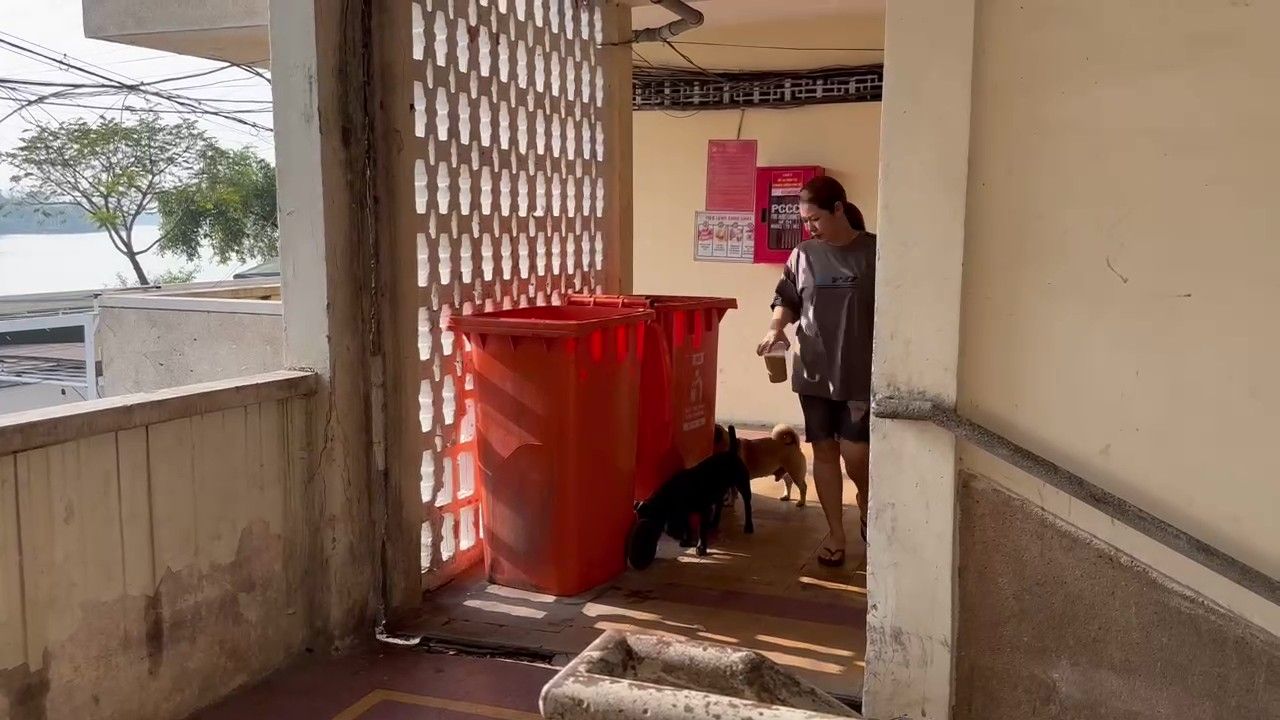
The representative of the Management Board of this apartment building also expressed concern: "There are a few problems that we have found inadequacies in implementing the new regulations. For example, the weighing of each household's waste," he said.
He also cited, the garbage collection system at the apartment is arranged on each floor with a garbage room with a common trash. Residents from apartments on the same floor will put garbage in this common bin. Cleaning staff will collect garbage from barrels on the floor and gather. Because the garbage is poured together, it is very difficult to determine the amount of garbage of each household, not even knowing how to weigh the garbage for each household.
The new regulation will take effect tomorrow, but there are still no detailed and specific instructions on how to calculate the fee by volume, which makes us very confused and struggling to know how to do it, he expressed.
Similarly, at Mr. Duong Tat Dat's apartment in Phuoc Long B ward (Thu Duc city), the collection of garbage is also currently carried out in the form of garbage from each house dumped together with the apartment's general trash can. Therefore, determining how much garbage each household uses to calculate the fee is very difficult and there needs to be detailed instructions on this for residents as well as the apartment management board to know and implement.
Currently, the garbage collection fee is included in the management and operation fee paid by residents, and the management and operation unit will carry that part. In the near future, when the new regulation takes effect, we are not sure whether this fee will increase or not, there is still no announcement," said Mr. Dat.
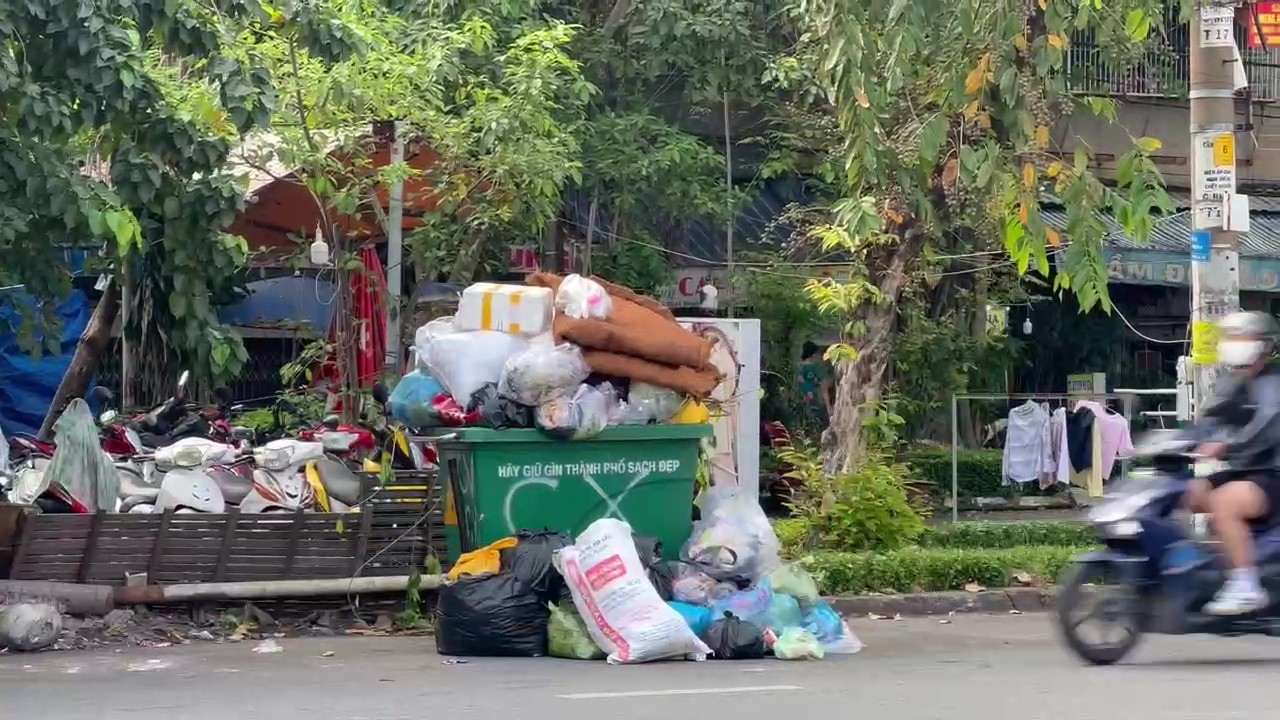
needs to apply an overall strategy
Ho Chi Minh City is facing a big challenge in waste management, as the amount of household waste is increasing while the collection and treatment system still has many shortcomings. According to Dr. Tran Quang Thang - Director of the Ho Chi Minh City Institute of Economics and Management, to fundamentally solve this problem, a comprehensive strategy is needed, synchronous between policies, technology and especially changing people's behavior.
In particular, in the context of Ho Chi Minh City preparing to implement the collection of garbage fees by volume according to Decision 67 and the Law on Environmental Protection, the implementation needs to have a specific roadmap and be consistent with the reality of each area, avoiding causing shock to society and helping people get used to the new management model, said Mr. Thang.
This roadmap is proposed to be divided into three phases. The first phase from 2024 to mid-2025 is the preparation and pilot phase. During this time, the city will focus on propaganda, training on waste classification, and at the same time building support tools such as specialized trash bags, garbage weighing or QR codes for management. The pilot implementation can be implemented in some districts that are considered to have many highly conscious residents such as District 7, Thu Duc City and District 3 to evaluate the effectiveness and learn from experience.
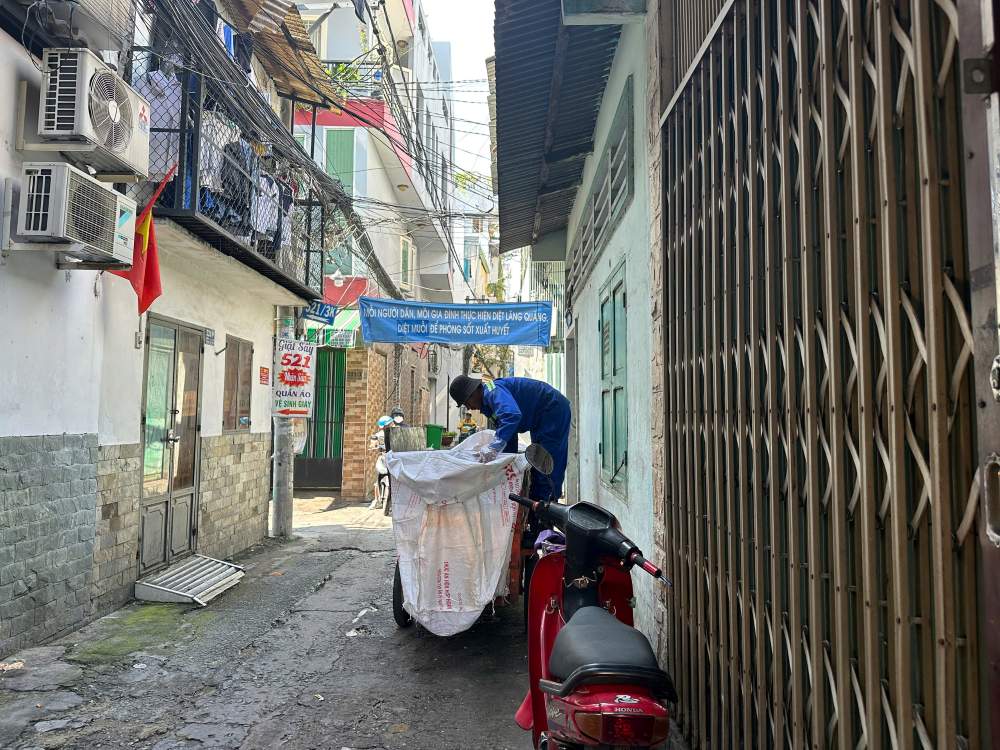
Phase two, which will last from the end of 2025 to the end of 2026, is an adjusted expansion phase. The city will divide areas according to population characteristics and infrastructure to apply flexible fee collection methods. At the same time, starting to apply compulsory waste classification with at least three types, assigning specific targets to each ward and commune. Toll collection and monitoring technology will also be upgraded, testing management software connecting to urban environmental units.
Phase three, from 2027 onwards, is the comprehensive application phase. The city will officially collect tolls based on volume or volume in the entire area. The waste treatment system will also be diversified, prioritizing incineration for power generation, organic fertilizer cultivation and recycling. The burying will be minimized, leading to a ban on putting unclassified organic waste in landfills as in the Korean model. The city will also apply support policies for poor households and establish inspection teams to punish violations to increase fairness and effectiveness of implementation.
The consistent principle throughout the entire roadmap is to "go from easy to difficult", starting in places with favorable conditions, then gradually expanding. At the same time, ensuring transparency, synchronization and effective communication.
The implementation of collecting garbage fees by volume, if implemented seriously and scientifically, will not only help Ho Chi Minh City solve environmental problems, but also open up opportunities to promote sustainable development models, improve quality of life and create more jobs for people.




